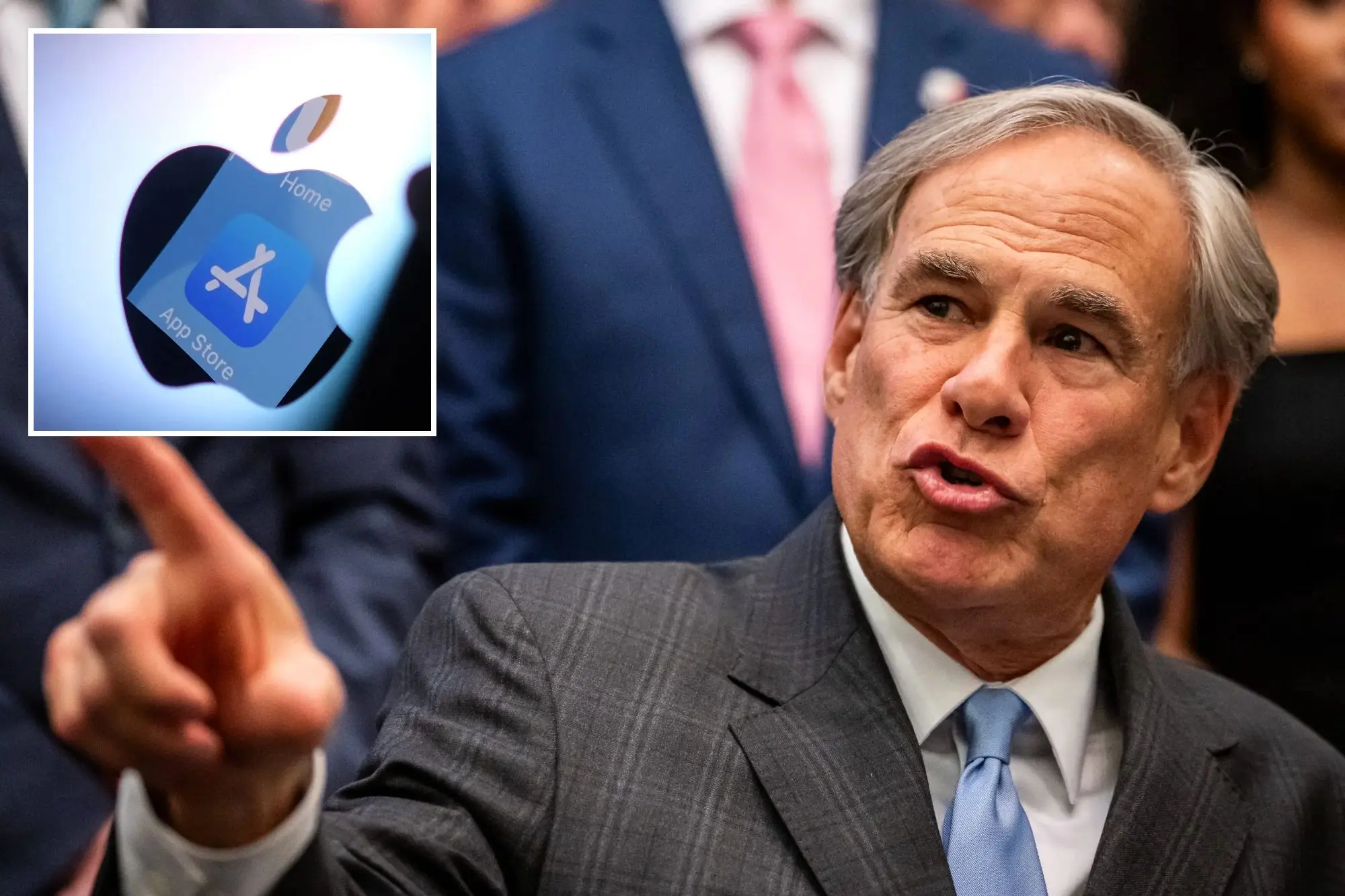
Wafricnews - 6 june 2025
A new digital gatekeeping law is shaking up Big Tech as Texas Governor Greg Abbott signs the Texas App Store Accountability Act, placing fresh demands on Apple and Google to verify the ages of every user in their app stores.
A new digital gatekeeping law is shaking up Big Tech as Texas Governor Greg Abbott signs the Texas App Store Accountability Act, placing fresh demands on Apple and Google to verify the ages of every user in their app stores.
The law, hailed by supporters as a move to protect children online, now requires full age verification for all users, not just minors — a mandate that tech giants warn could compromise user privacy on a massive scale.
Set to take effect January 2026, the law gives companies just a few months to develop and deploy systems that confirm users’ ages and parental consent for minors — even going as far as requiring legal confirmation of guardianship for those approving children’s downloads.
This comes amid growing scrutiny over the role of tech platforms in exposing young people to online dangers ranging from exploitation to disordered content. The law passed through both chambers of the Texas legislature with overwhelming support and echoes similar moves in Utah, with key differences — Texas’ version digs deeper into users’ personal information.
“Safety and online privacy for Texas children remains a priority for Governor Abbott,” said his press secretary Andrew Mahaleris, brushing off industry backlash.
But tech companies are sounding the alarm. Apple CEO Tim Cook reportedly called Governor Abbott personally, urging him not to sign the bill in its current form. Apple and Google both argue the law’s rigid requirements will force millions of users — adults included — to share sensitive personal documents, such as ID scans, just to access everyday apps.
“There are better solutions that protect kids without compromising everyone’s privacy,” an Apple spokesperson noted last week. Apple plans to roll out an “age assurance” tool that lets parents share children’s age ranges with app developers without storing sensitive data.
Meanwhile, social media platforms like Meta, Snap, and X (formerly Twitter) are cheering the law, hoping centralized verification through app stores will reduce the burden on individual apps.
Still, civil liberties advocates and digital privacy experts are raising red flags. Critics argue the law could infringe on First Amendment rights, as it forces users — even adults — to choose between revealing personal data or losing access to protected online speech.
With AI-driven platforms rising and online risks evolving rapidly, Texas’ move signals a broader shift toward government-enforced digital identity checks, and the world will be watching closely to see how far this model spreads.
By Wafricnews Desk.
By Wafricnews Desk.


Comment
To post a comment, you have to login first
LoginNo Comments Yet...